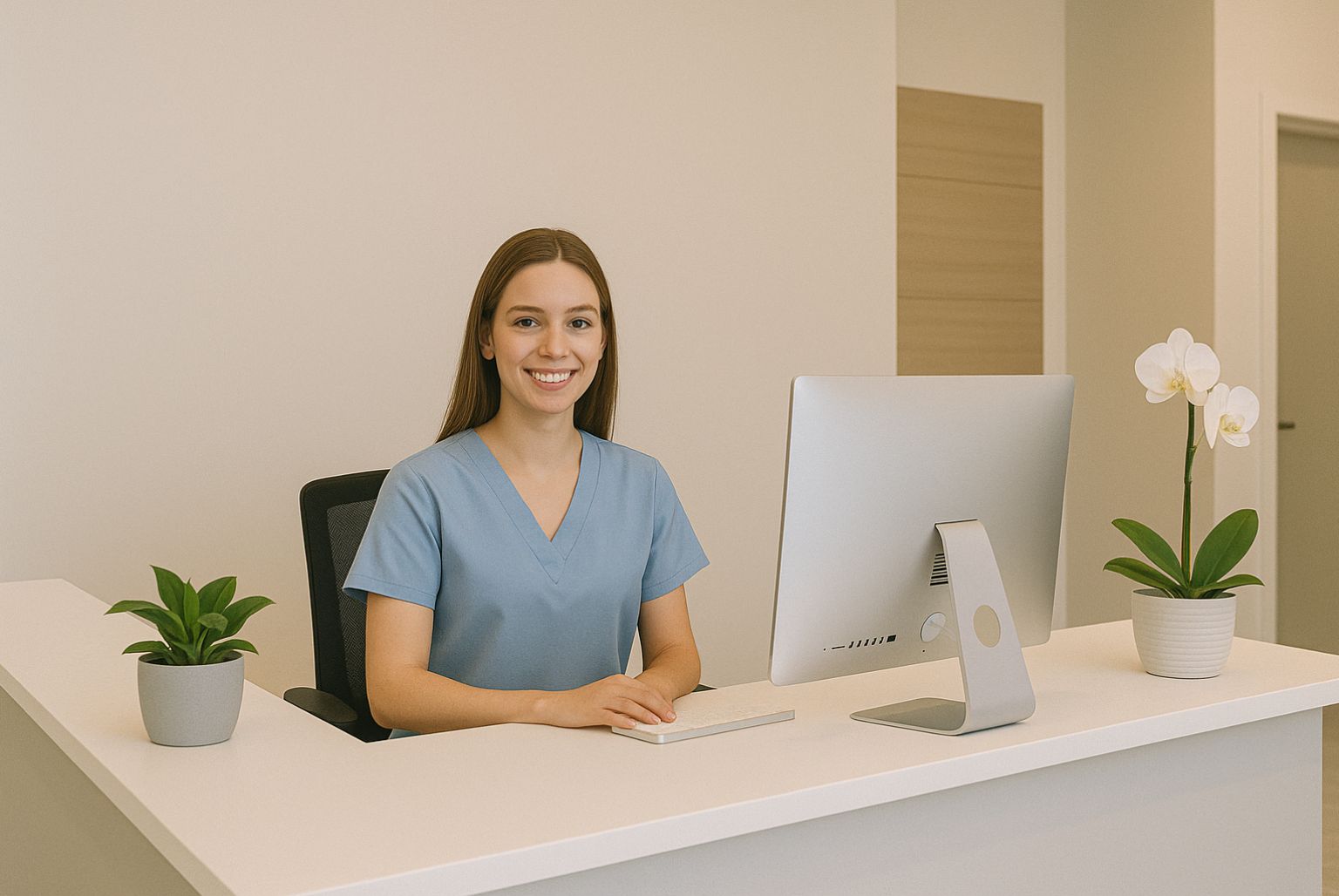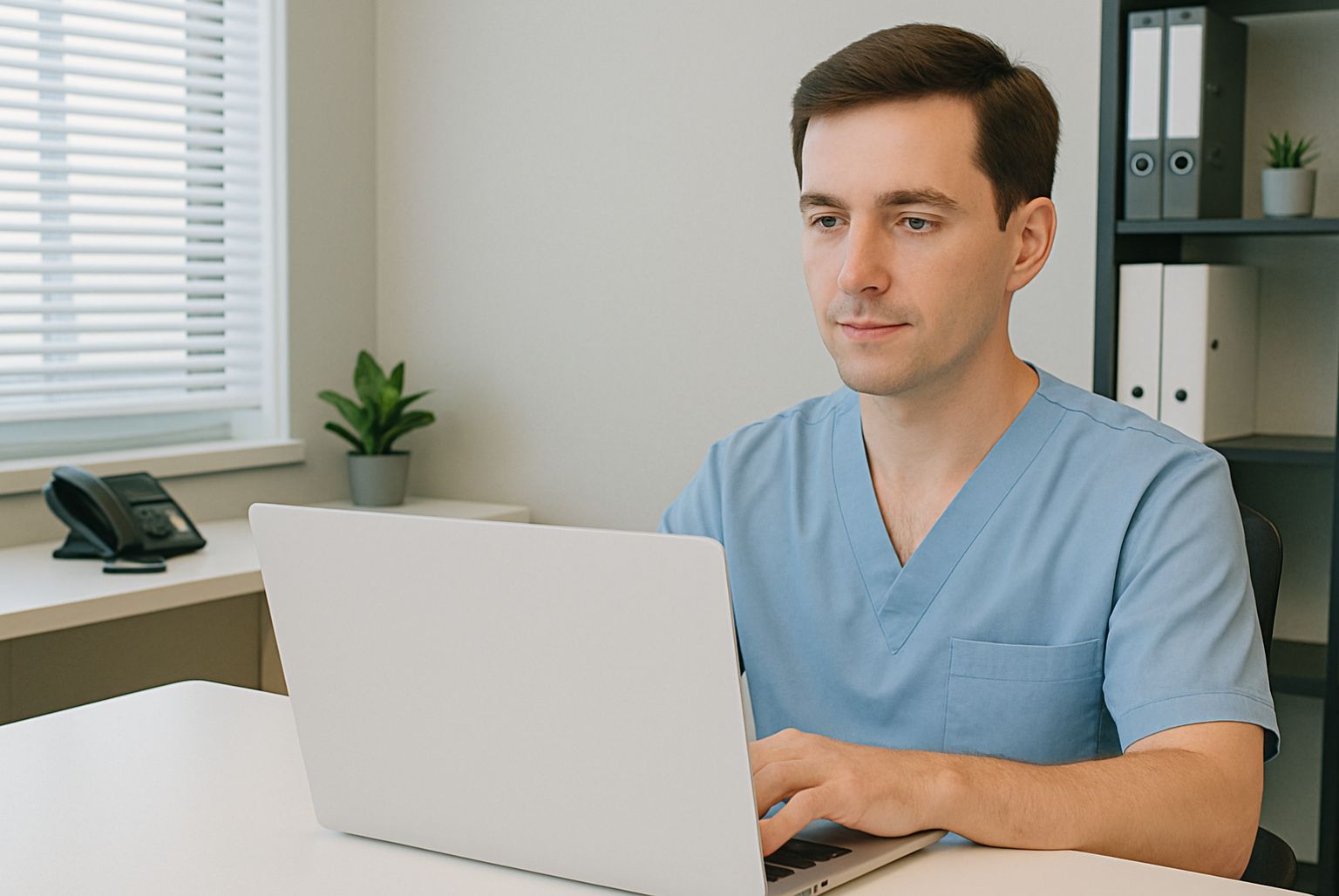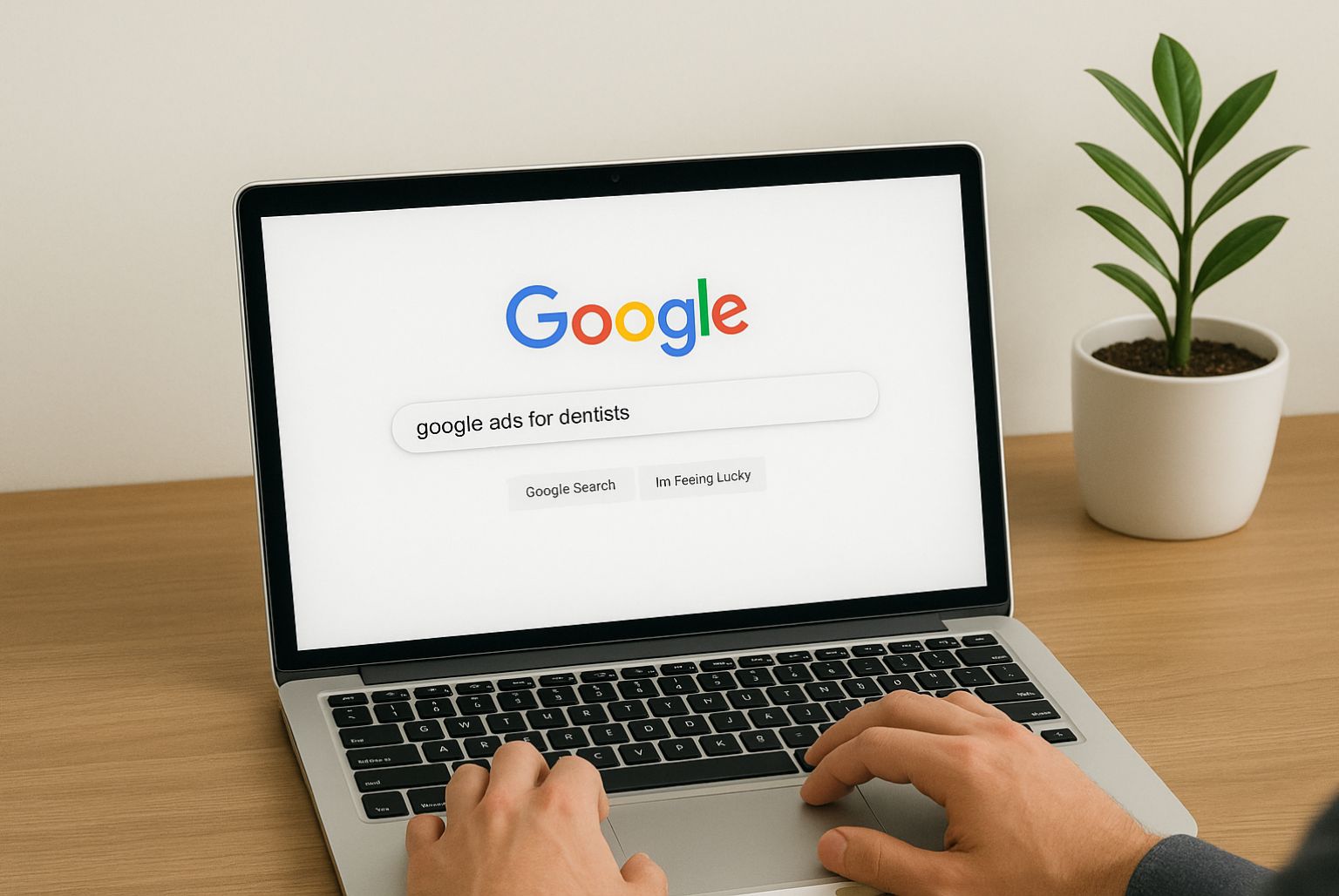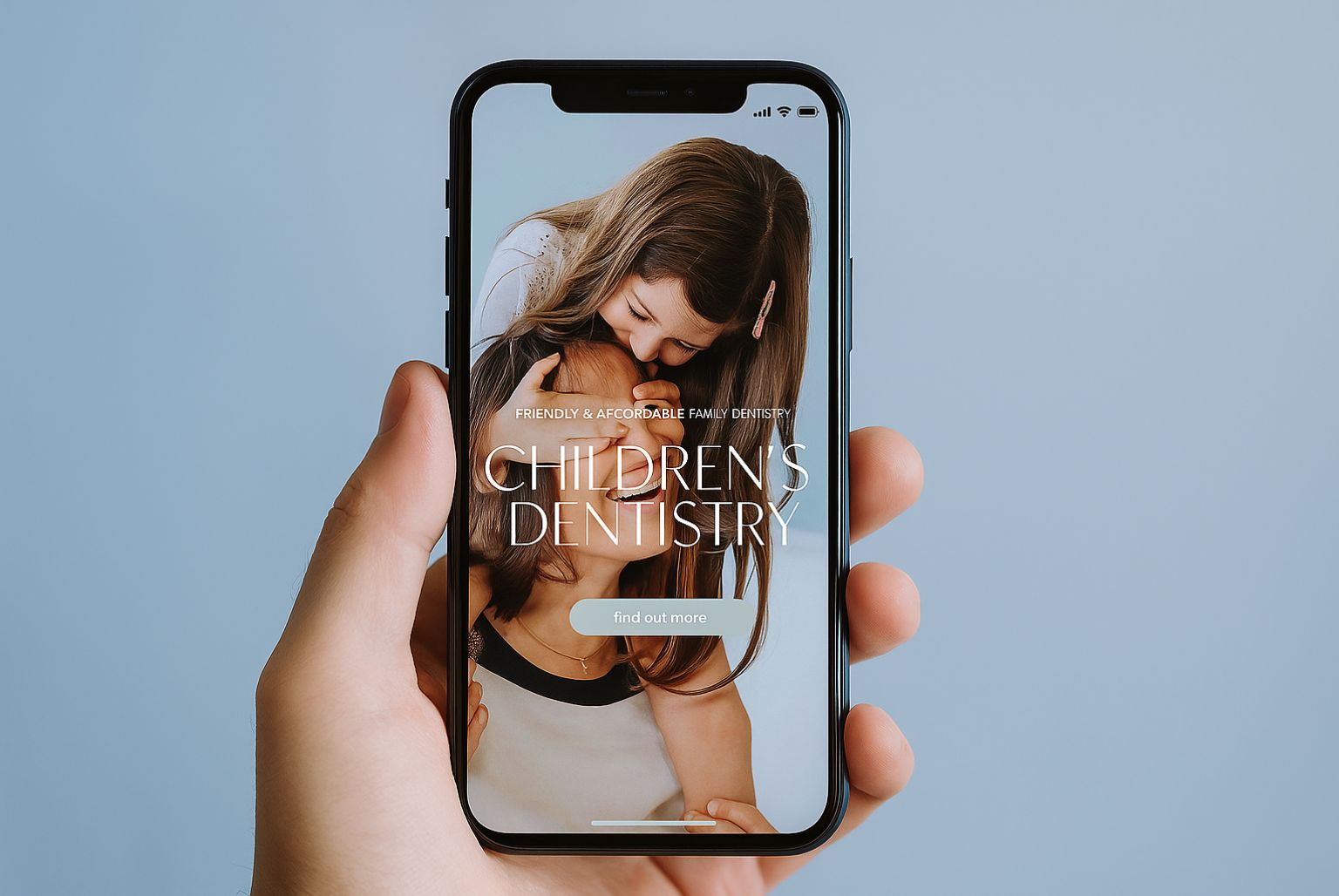Even in a pandemic – with the country in its third lockdown since last March – our marketing experts keep abreast of the latest industry news, covering new regulations, new technologies, and exciting new trends. We’re now bringing these to you in a regular segment, touching on relevant topics that we know our clients would love to hear about. In this post, we’re sharing predictions for health and wellness for the year ahead, and highlighting how they could benefit the aesthetics and medical fields.
Incredibly, the wellness market is worth around £5bn, and shows no signs of slowing down. From recent trends such as vegan eating, mindfulness and circadian (sleep) health, attention has now turned to wellness during a pandemic.
Mental health has been a huge area of concern for many, especially with social distancing, quarantining and regular lockdowns to contend with. The Guardian recently highlighted that ‘’access to talking therapies has plunged’’ and that, for those struggling, medication is often prescribed over therapy, which marks a definite shift in treatment priority.
There are also seems to be increasingly blurred lines between wellness and health, with people looking at ways to boost their immunity (the question ‘How to boost immunity’ was one of 2020’s most-searched topics on Google). In other words, in the face of a pandemic, people are moving more into preventative care than curative.
We predict that consumers will look for different ways to ‘feel good’, such as through alternative medicines and supplements, and creating personalised ‘mental fitness’ routines – in other words, valuing our emotional wellbeing as highly as our physical wellbeing. There will also be an increase in the amount of nuanced mental health apps and online platforms, which will aim to target marginalised communities and their specific needs. And, with many recognising that an increase in online activity could be harmful for our health, some experts have suggested ‘digital dosing’, where we limit our time on social media and other community platforms. In order to do this, new apps may emerge to help us track and monitor the time we spend online.
With immunity more relevant than ever, this could be the ideal moment for clinics to capitalise on offerings such as vitamin drip treatments, or to open an e-store and offer clients immunity-boosting supplements. We’ve also previously touched on the power of the online consultation. Telemedicine (and arguably telewellness) will continue to be valuable, so now is the time to integrate online booking capabilities for your website, or to consider hosting virtual events at your clinic.
Finally, there’s a discernible rise in personal health monitoring. With Google now the official owner of Fitbit, we can’t wait to see where the tech giant takes the fitness wearable – especially considering the data the tech giant has as its disposal.
Further reading
Global Wellness Summit
Well and Good
Mind Body Green
Glamour




